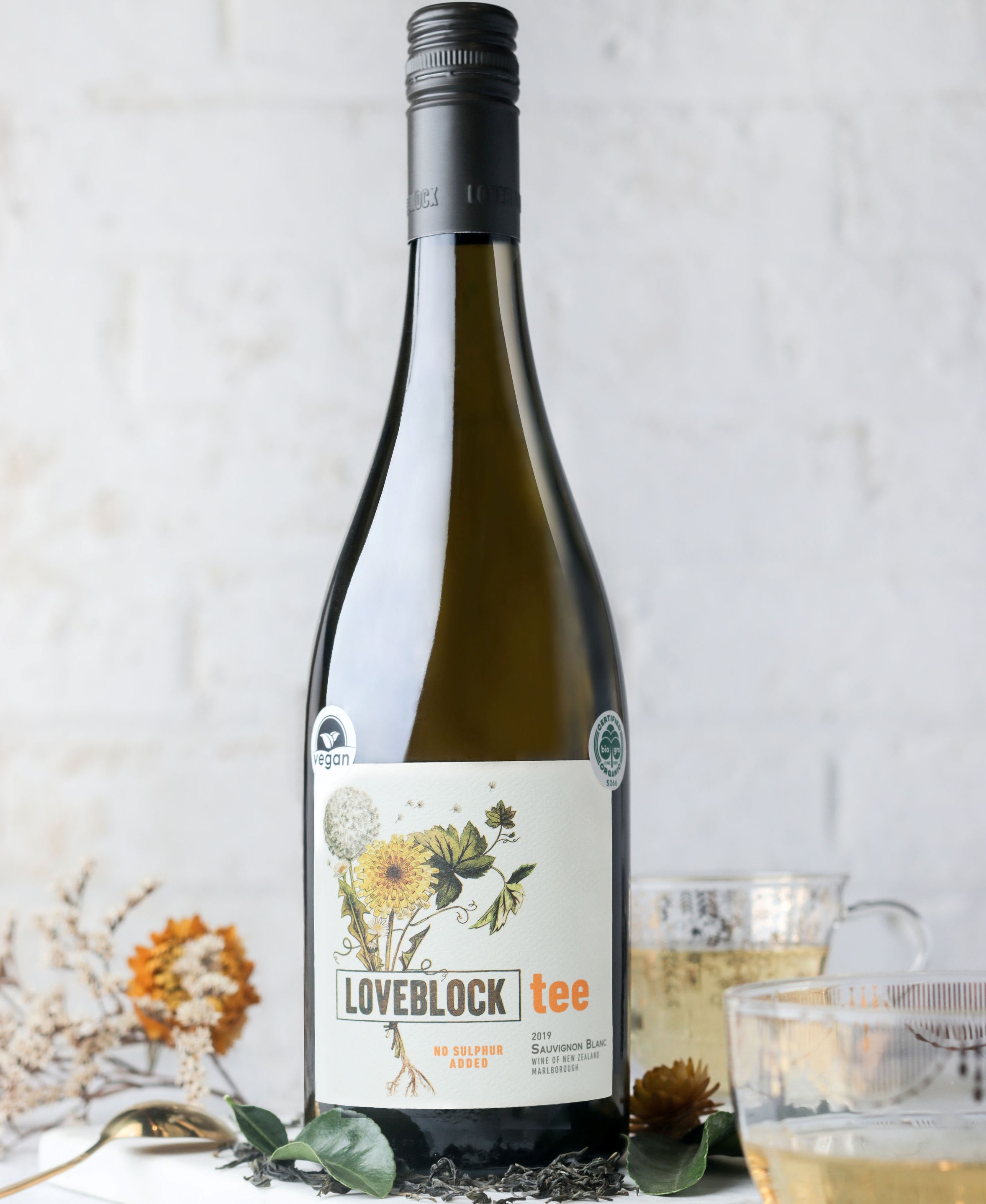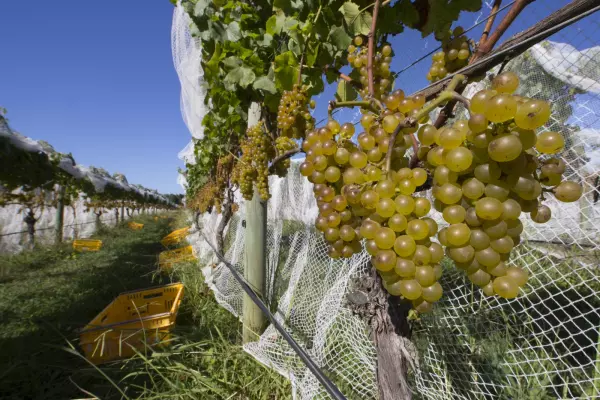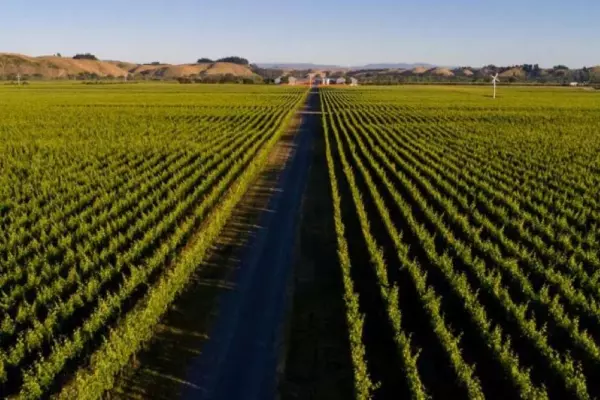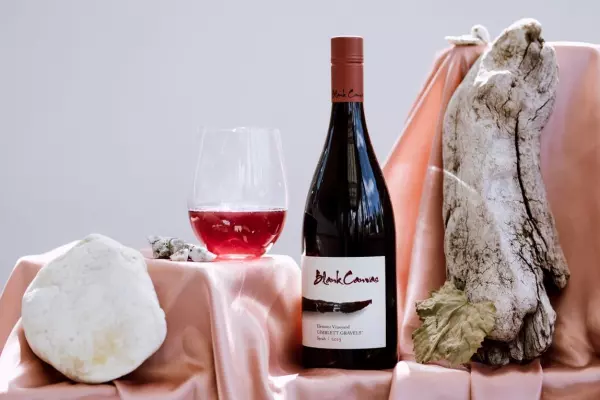Anyone who has been drinking wine for 30 years or more will remember when organic wine was a curiosity made by hippies on 10-acre lifestyle blocks that you suspected might also conceal modest cannabis plantations. Now it is de rigueur for wine companies to have at least one organic wine. It is unnecessary to convert your entire production to organics, but you need just enough to show you care for the planet. Even our largest wine producers are doing it. Better still if your organic wine is also vegan-friendly.
As organic wine moved from fringe to mainstream, “natural” wines stepped up to take its place. There is no official definition of natural wines, which confers a useful amount of freedom, but they are usually made from organic grapes, have no additives, and are unfined and unfiltered. Because they are made without the addition of sulphur, they often have a shorter life expectancy than a rear-gunner in a Lancaster bomber during World War II.
Then came “orange” wines. These are white wines often fermented on the skins and given lengthy skin contact to extract colour, flavour and tannins. They have the peppery, tannic structure of red wines and the amplified flavour of a white grape variety. Orange wines are often made without any addition of preservatives such as sulphur.
Egg-shaped fermentation vessels and amphorae are becoming popular, at least among our more adventurous winemakers. Amphorae were widely used a couple of thousand years ago and are enjoying a revival today. They have a pointed base, which allows less lees contact and produces more-vibrant wines than rounded egg-shaped vessels.
What’s next? It may just be wine made using green tea instead of the traditional preservative, sulphur. Green tea, a permitted wine additive in this country, is known for its antioxidant properties and is being explored in fields such as medicine, beauty and now winemaking.
Kim and Erica Crawford (pictured above), owners of Loveblock, have for the past three years been producing Marlborough sauvignon blanc by using green tea instead of sulphur. Erica believes it is the first such wine in New Zealand, if not the world.
“We really have been amazed by the protection that green tea gives,” says Erica. “We tested and tasted a bottle over a five-day period, leaving it on the bench top. The wine did not oxidise and there does not appear to be obvious flavour transfer from the tea to the wine. Its profile is definitely varietal, but the flavours are softer and a bit spicier (saffron, verbena, mandarin zest, etc).”
 Loveblock TEE Marlborough Sauvignon Blanc
Loveblock TEE Marlborough Sauvignon Blanc
I was invited to taste three vintages (2018-2020) of Loveblock TEE Marlborough Sauvignon Blanc made using green tea against control wines from the same vintages. The control wines had used green tea as an antioxidant at harvest only but were protected by a relatively low level of sulphur after that.
The three control wines were good examples of ripe Awatere Valley sauvignon blanc although they all had a dried-herb/fennel character that was less typical.
The three TEE wines had deeper colours and slightly coarse textures, indicating some oxidation, but they were all very drinkable. The 2020 TEE Marlborough Sauvignon Blanc ($26.99) ranks as one of the best “no added sulphur” wines I have ever tasted.
The TEE wines are different from the control wines, but they don’t taste of green tea. My guess is that the green tea is doing something to modify the flavours in the wine rather than simply imparting flavour.
Kim Crawford admits there is plenty of work to do, including using green tea on other varieties.
My “most fashionable wine” trophy goes to the Loveblock 2020 Sauvignon Blanc, Marlborough, which is made from organic grapes treated with green tea at harvest then fermented in an amphora, an egg-shaped concrete tank, barrels and stainless-steel tanks. How trendy is that!
Bob’s top picks of the week
Investment Wine

Ata Rangi 2018 Pinot Noir, Martinborough, $75
Elegant, aromatic pinot noir with bright, high-energy floral/violet, cherry, fresh herb, star anise and restrained spicy oak supported by fine tannins and juicy acidity. Attractively fragrant, supple wine that’s a little lighter than usual but gives a nod in the direction of Burgundy and shows promising ageing potential.
Weekend Wines
Top White

Loveblock 2020 Sauvignon Blanc, Marlborough, $21.99
From a low-yielding vineyard in Marlborough’s Awatere Valley, it has ripe stone fruit flavours supported by tangy acidity. Complex and flavoursome wine.
Top Red

Rockburn 2019 Pinot Noir, Central Otago, $49.99
Lifted, quite floral aroma with violet, cherry, wild thyme, anise and a hint of fresh herbs on the palate. Bright, vibrant wine in a classical Rockburn fruit-forward style. Good now but should benefit from bottle age.
Read more from Bob at therealreview.com












